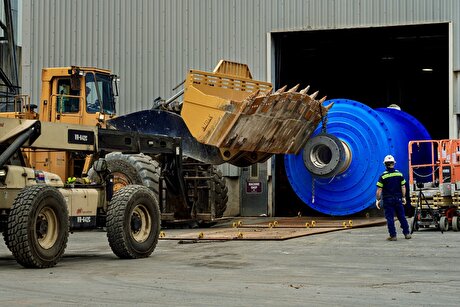
Austrian Envoy to Iran Hopeful about Implementation of EU's SPV Mechanism
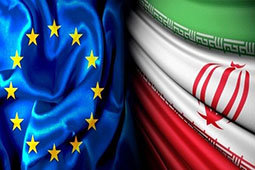

"We are after launching the SPV mechanism and are working hard on the issue. We are working on the technical issues and want to specify the economic frameworks and therefore, we have been working on it in the past few months until now and (what's why) it has lasted long and we are very hopeful that these efforts will yield results in a short period of time," Scholz told FNA on Saturday.
He underlined that survival of the Joint Comprehensive Plan of Action (JCPOA) is a priority for the EU as it is the basis of cooperation with Iran, saying, "Presently, there are 15 to 16 grounds for EU's cooperation with Iran, specially in agricultural, technological and scientific fields."
His remarks came after Iranian Deputy Foreign Minister for Political Affairs Seyed Abbas Araqchi underlined the need for the European states to adopt rapid measures to implement the SPV.
Araqchi made the remarks in a meeting with Belgian Deputy Foreign Minister Bruno van der Pluijm in Brussels last Wednesday.
During the meeting, he warned that the 2015 nuclear deal between Tehran and world powers would be in danger if European countries failed to fulfill their pledge to ease the US’ pressures and let Iran reap the economic benefits of the deal.
The US withdrawal from the Iran nuclear deal in May and its “illegal” move to increase pressure on Tehran upset the balance between the Islamic Republic’s commitments under the deal and the benefits it gained from it, Araqchi said.
Under such circumstances, the failure of Europeans and other parties to ease the pressures, as they had promised to, has increased concerns about the future of the nuclear deal, he added.
Van der Pluijm, for his part, said the Europeans are hopeful they would be able to develop the SPV soon.
“We are seeking to preserve the Iran nuclear deal and believe that the JCPOA must remain intact irrespective of the US’ pullout… as there is no alternative to the accord,” he noted.
He also reaffirmed the permanent commitment of his country and other European states to defending the nuclear deal, and said the JCPOA plays a key role in international peace and security.
The SPV which was promised by Iran’s key European trading partners back in September after a meeting of foreign ministers of the remaining signatories to Iran nuclear on the sidelines of the UN General Assembly meeting in New York is supposed to keep Iran’s financial relations with Europe alive under the US sanctions.
Europeans' honesty in dealing with Iran nuclear deal of July 14, 2015 is seriously doubted by Iranian masses that are discontent with talks with European counterparts.
In contrast with what European politicians and government are stating, many experts in Iran are suspicious of Europe's genuine commitment to the letters of the nuclear agreement of July 14, 2015, and are voicing their discontent with what they describe as Europe's strategy of killing time.
Even some commentators like Seyed Mostafa Khoshchashm are calling the Iranian government to start meaningful modifications in JCPOA undertakings, and specially remove the cap on the country's enriched uranium stockpile after the US unilateral withdrawal from the agreement; a call which is gaining momentum among the Iranians.

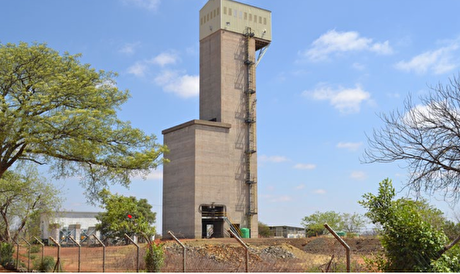
NexMetals receives EXIM letter for potential $150M loan

Lifezone Metals buys BHP’s stake in Kabanga, estimates $1.6B project value

China quietly issues 2025 rare earth quotas
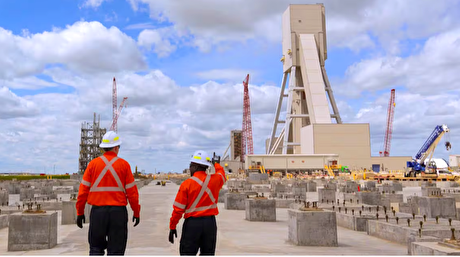
BHP delays Jansen potash mine, blows budget by 30%

Gold price eases after Trump downplays clash with Fed chair Powell
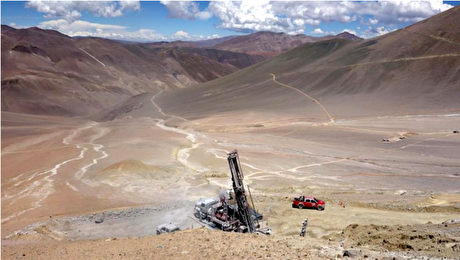
BHP, Lundin JV extends useful life of Argentina copper mine

Teck approves $2.4B expansion of Highland Valley Copper
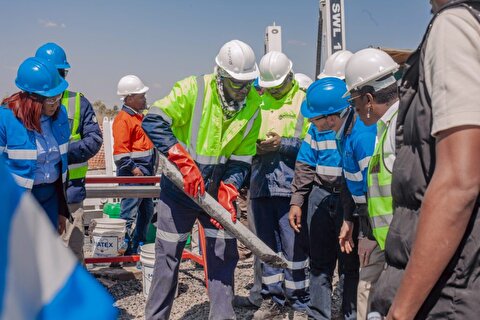
KoBold signs Congo deal to boost US mineral supply
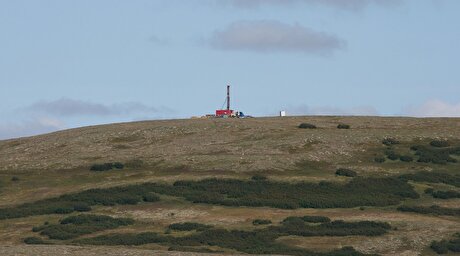
Northern Dynasty extends losses as it seeks court resolution on Pebble project veto
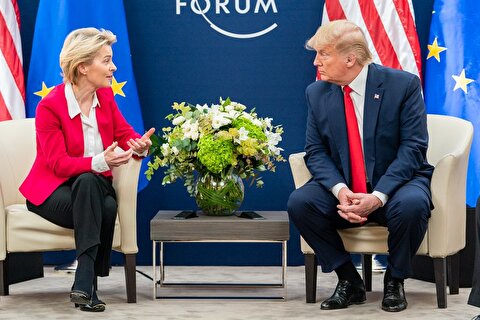
Gold price retreats to near 3-week low on US-EU trade deal
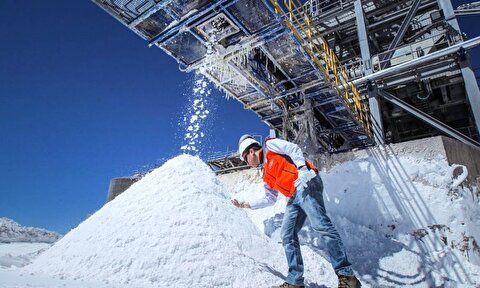
China’s lithium markets gripped by possible supply disruptions
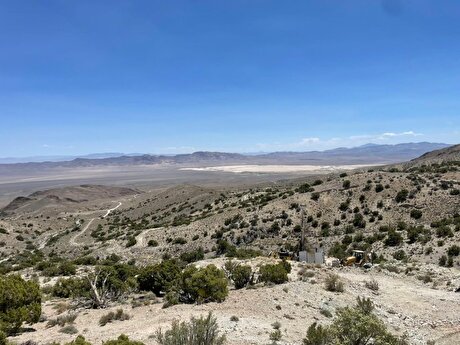
Pilot Mountain tungsten project in Nevada gets $6M from Department of Defense
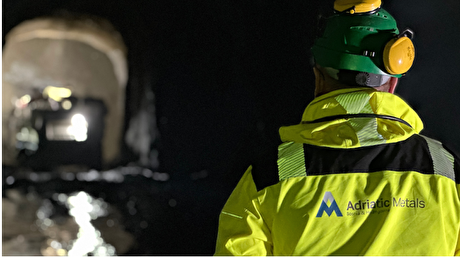
Adriatic boosts output but trims forecast ahead of Dundee deal
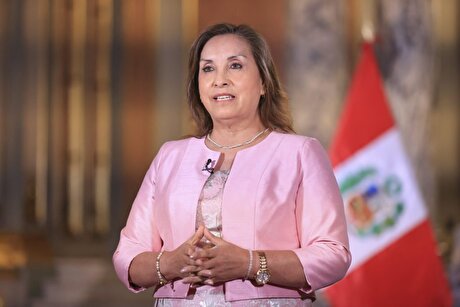
Peru mulls green light for $6 billion in mining projects
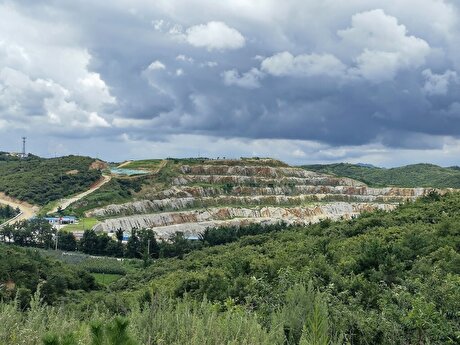
Majestic Gold halts Chinese mine following fatal accident
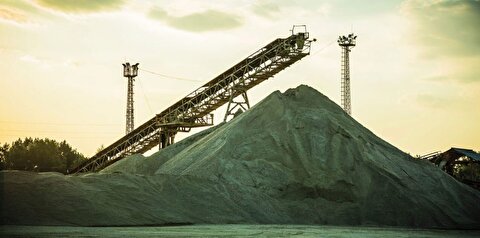
Energy Fuels’ rare earth JV in Australia receives regulatory OK
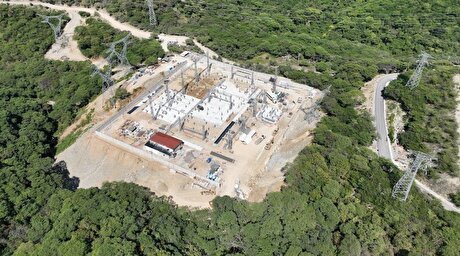
Torex Gold buys Prime Mining in $327M Mexico expansion
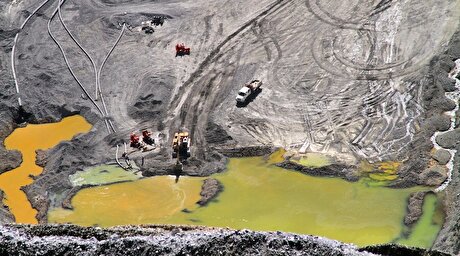
US targets mine waste to boost local critical minerals supply
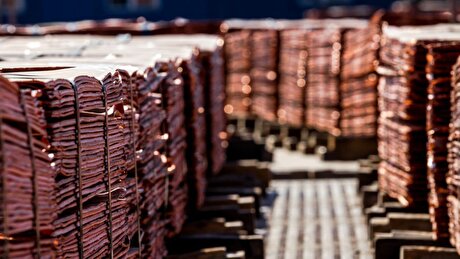
Copper price pulls back sharply ahead of US tariff deadline

Gold price retreats to near 3-week low on US-EU trade deal

China’s lithium markets gripped by possible supply disruptions

Pilot Mountain tungsten project in Nevada gets $6M from Department of Defense

Peru mulls green light for $6 billion in mining projects

Majestic Gold halts Chinese mine following fatal accident

Energy Fuels’ rare earth JV in Australia receives regulatory OK

Torex Gold buys Prime Mining in $327M Mexico expansion

US targets mine waste to boost local critical minerals supply

Copper price pulls back sharply ahead of US tariff deadline
